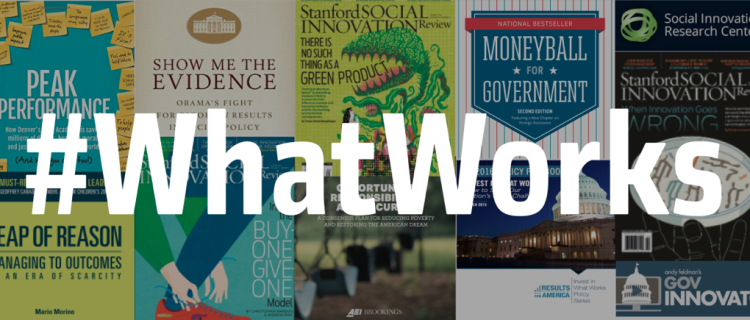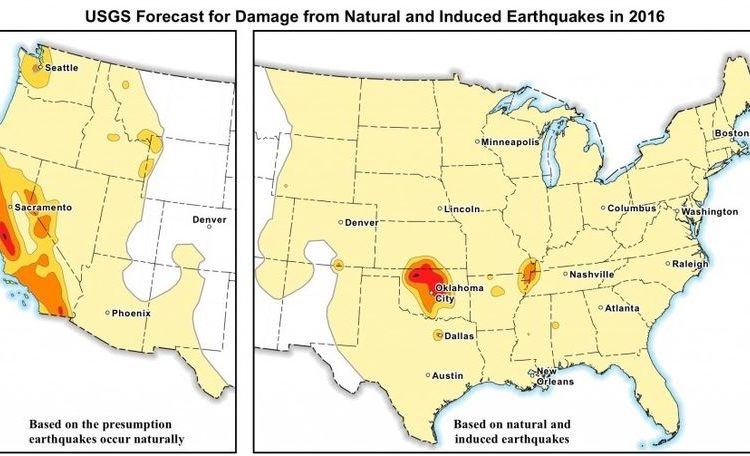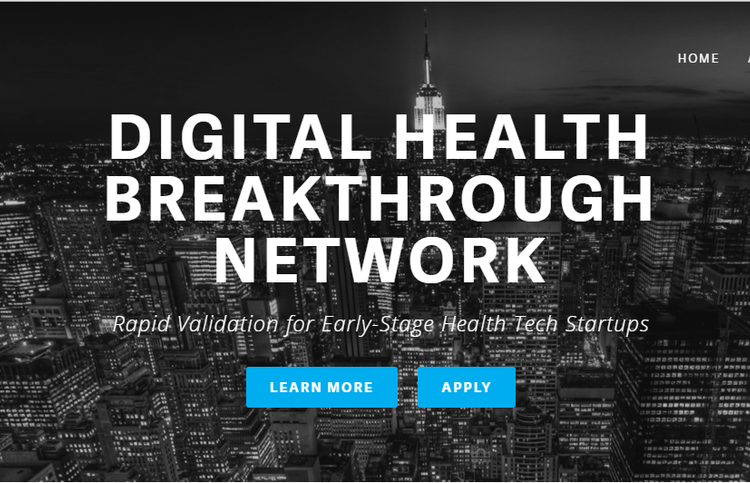1. Biased instructor response → Students shut out Definitely not awesome. Stanford’s Center for Education Policy Analysis reports Bias in Online Classes: Evidence from a Field Experiment. “We find that instructors are 94% more likely to respond to forum posts by white male students. In contrast, we do not find general evidence of biases in […]
1. Jason Zweig tells the story of randomistas, who use randomized, controlled trials to pinpoint what helps people become self-sufficient around the globe. The Anti-Poverty Experiment describes several successful, data-driven programs, ranging from financial counseling to grants of livestock. 2. Can an early childhood program prevent child abuse, crime, drug abuse, and neglect? Yes, says […]
“What counts as good evidence?” is a great conversation starter. The UK-based Alliance for Useful Evidence / Nesta offers seminars and publications to “explore what is realistic in terms of standards of evidence for social policy, programmes and practice.” Prompting discussion was a ‘provocation paper’, What Counts as Good Evidence?, by Sandra Nutley, Alison Powell, […]
1. When nudging fails, what else can be done? Bravo to @CassSunstein, co-author of the popular book Nudge, for a journal abstract that is understandable and clearly identifies recommended actions. This from his upcoming article Nudges that Fail: “Why are some nudges ineffective, or at least less effective than choice architects hope and expect? Focusing primarily […]
Photo by Fightfor15.org 1. SPOTLIGHT: Will $15 wages destroy California jobs? California is moving toward a $15/hour minimum wage (slowly, stepping up through 2023). Will employers be forced to eliminate jobs under the added financial pressure? As with all things economic, it depends who you ask. Lots of numbers have been thrown around during the […]
1. #rapidisthenewblack The need for speed is paramount, so it’s crucial that we test ideas and synthesize evidence quickly without losing necessary rigor. Examples of people working hard to get it right: The Digital Health Breakthrough Network is a very cool idea, supported by an A-list team. They (@AskDHBN) seek New York City-based startups who […]
1. Academics use crazy tricks for clickbait. Turn to @TheWinnower for an insightful analysis of academic article titles, and how their authors sometimes mimic techniques used for clickbait. Positively framed titles (those stating a specific finding) fare better than vague ones: For example, ‘smoking causes lung cancer’ vs. ‘the relationship between smoking and lung cancer’. […]
1. Do we judge women’s decisions differently? Cognitive psychologist Therese Huston’s book is How Women Decide: What’s True, What’s Not, and What Strategies Spark the Best Choices. It may sound unscientific to suggest there’s a particular way that several billion people make decisions, but the author doesn’t seem nonchalant about drawing specific conclusions. The book […]
Three Ways of Getting to Evidence-Based Policy. In the Stanford Social Innovation Review, Bernadette Wright (@MeaningflEvdenc) does a nice job of describing three ideologies for gathering evidence to inform policy. Randomista: Views randomized experiments and quasi-experimental research designs as the only reliable evidence for choosing programs. Explainista: Believes useful evidence needs to provide trustworthy data […]






